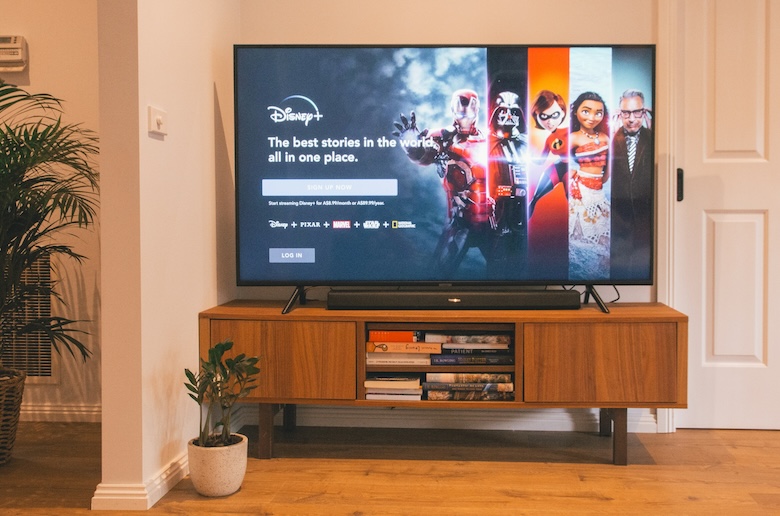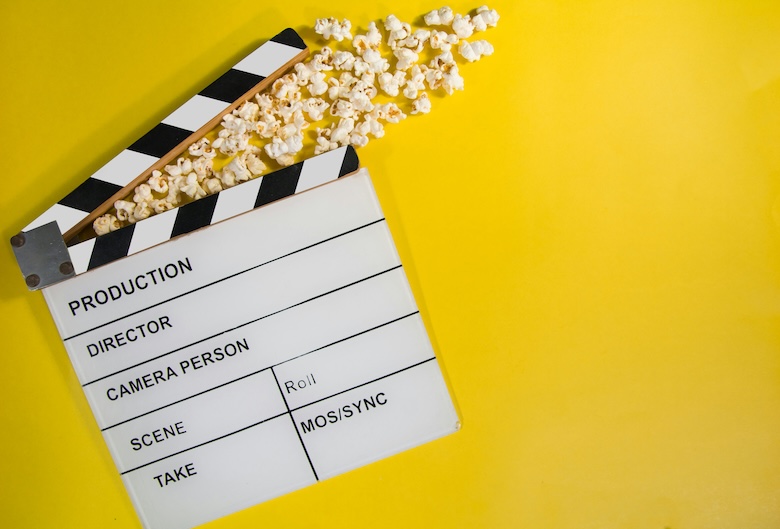
TV director James Hawes predicts AI will create soaps within 3-5 years, echoing playwright Alan Ayckbourn’s foresight. This shift could revolutionize the entertainment industry but raises concerns about human roles. The potential for flawed performances by AI also exists. Future trends may see AI’s increasing dominance in content creation.
The Future of TV Soaps: AI’s Transformative Role
The integration of Artificial Intelligence (AI) in television production, particularly in the creation of soap operas, is on the horizon, with industry experts predicting a significant shift within the next three to five years. James Hawes, a distinguished director and the vice-chairman of Directors UK, has brought to light the potential for AI to revolutionize the production of TV soaps, suggesting that episodes of beloved BBC series could soon be crafted entirely by generative AI.
During discussions with the UK’s Culture, Media and Sport Committee and following a forum on the future of the BBC soap “Doctors,” Hawes explored the feasibility of AI-generated content. After consulting with visual effects (VFX) professionals and legal advisors to significant industry guilds, the consensus points towards a near-future where AI could autonomously produce complex scenes and narratives for television, marking a departure from traditional human-led creative processes.
Hawes highlighted the capabilities of AI tools like OpenAI’s Sora, which can instantly create realistic video content, demonstrating the technology’s current ability to generate convincing visuals. However, the transition to AI-written scripts remains a topic of debate, with concerns about the technology’s ability to emulate the depth and originality of human storytelling. The experience of writer Charlie Brooker with ChatGPT underscores the challenges of achieving genuine creativity and originality through AI.
The implications of AI in TV soap production extend beyond technological advancements, touching on ethical considerations, employment within the industry, and the protection of intellectual property rights. While AI promises to streamline production processes and potentially lower costs, it also raises questions about the role of human creativity and oversight in the age of machine-generated content.
Despite these challenges, the move towards AI-generated television content represents a significant opportunity for the industry to innovate and evolve. As Hawes suggests, the integration of AI could fill gaps in storytelling and enhance British storytelling, provided that the rights of creators are safeguarded. The industry’s adaptation to AI will require a balanced approach, valuing both technological efficiency and the irreplaceable touch of human creativity.
As we stand on the cusp of this technological revolution, the television industry is poised to navigate the complexities of integrating AI into creative decision-making processes. The potential for AI-driven production to revolutionize content creation is immense, yet it underscores the need for ongoing dialogue and thoughtful consideration of how technology will shape the future of storytelling and entertainment media.
📽️Yesterday, in our second session on our inquiry into British Film & High-end TV, ‘Slow Horses’ & ‘One Life’ Director, James Hawes, told us the “genie is out the bottle” on AI, and that the UK should work to catch up with the likes of the U.S. 👇👇👇@cj_dinenage pic.twitter.com/ER0uqsSqhu
— Culture, Media and Sport Committee (@CommonsCMS) February 22, 2024



